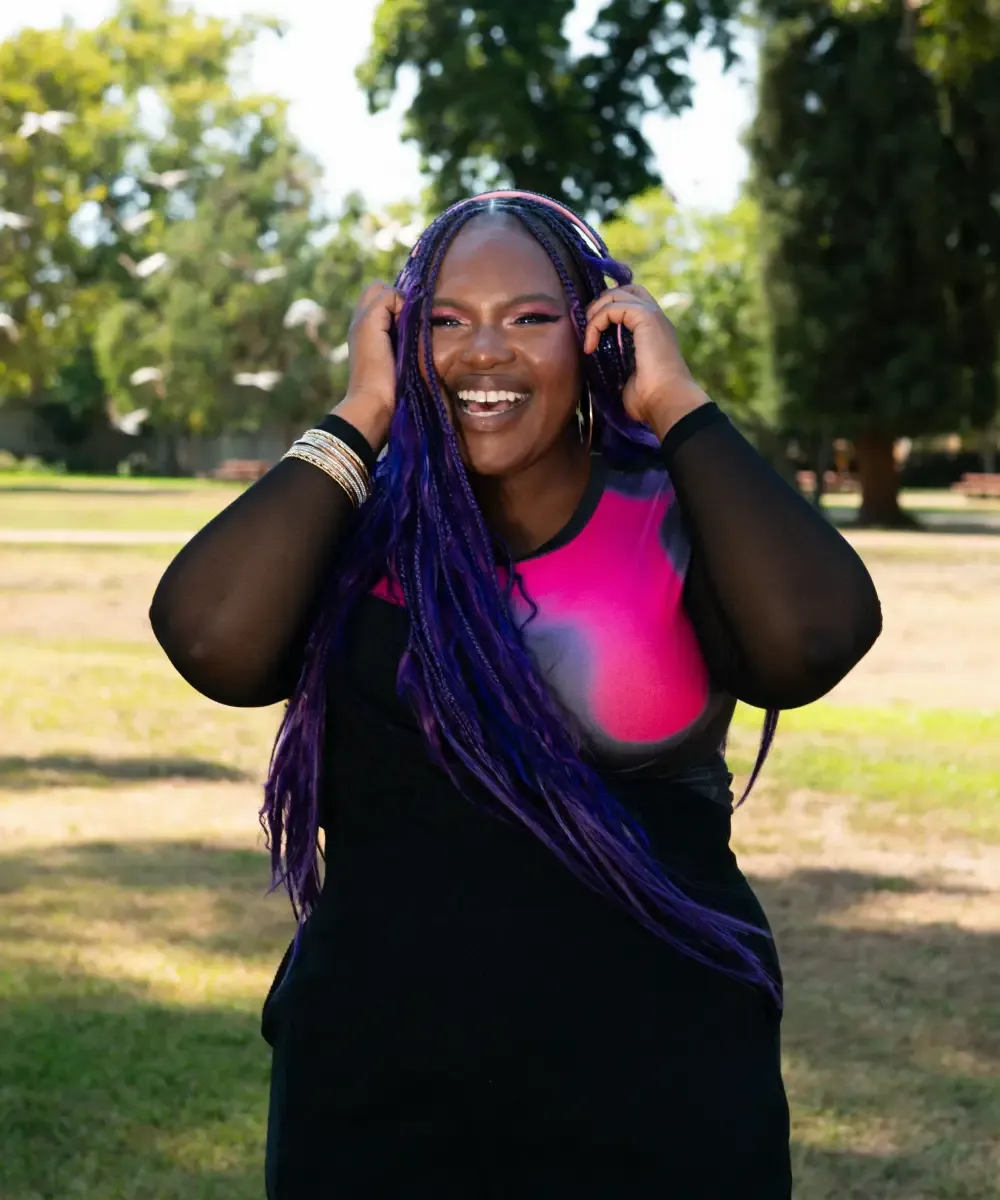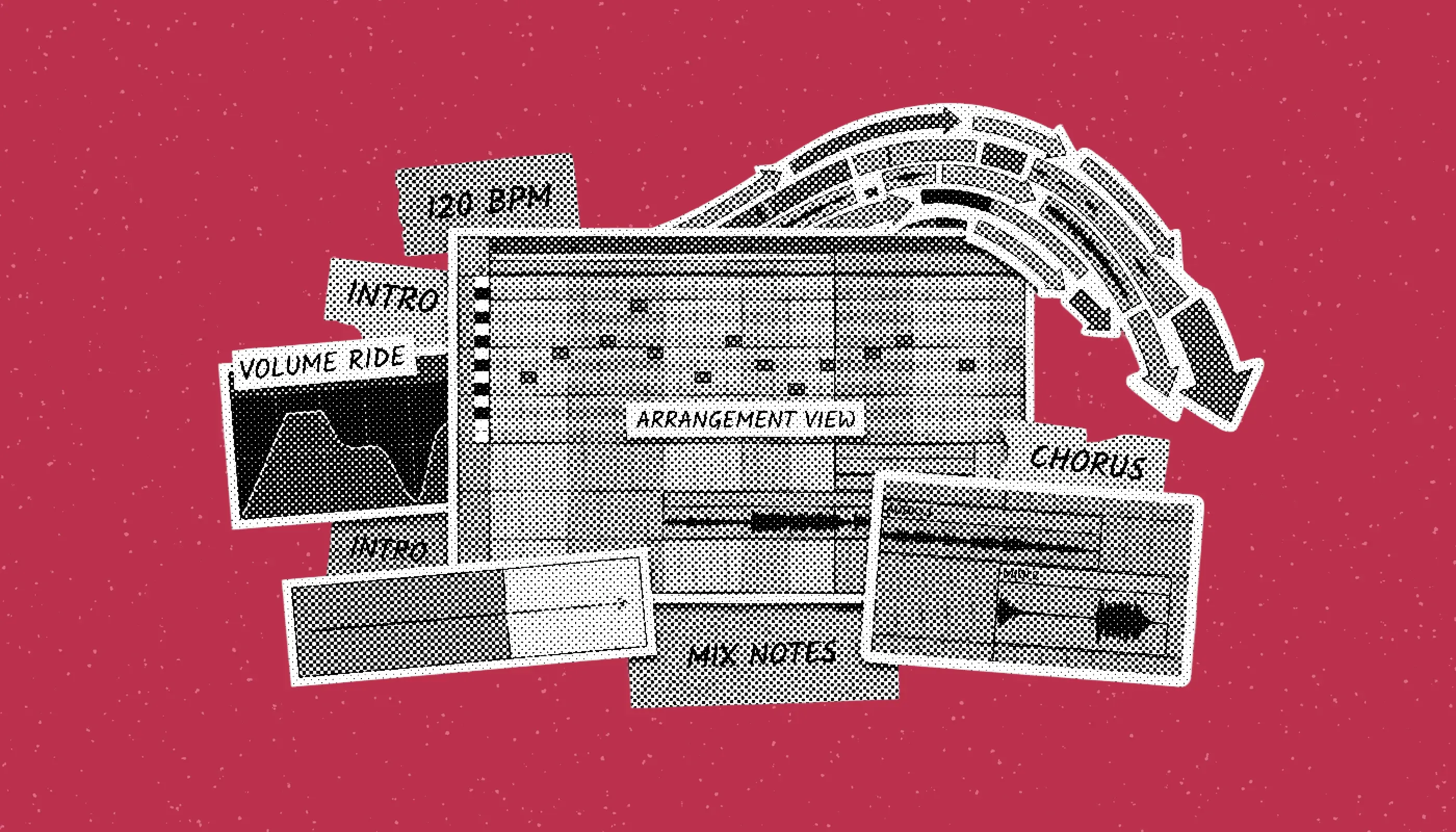
5 Workflow Tips to Help You Finish Your Songs Faster
Struggling to finish your songs? Learn 5 effective workflow tips to increase your productivity and streamline your music production process.
Introduction
What is the workflow in music production and why is it so important? Writing music requires focus, patience, concentration and the ability to execute. A good workflow minimizes the amount of obstacles that take you out from your creative flow, which in turn allows you to be more productive.
Regardless of where you are in your music production journey, it’s important to build habits that make your studio time more productive. Tight deadlines and quick turnaround times are part of being a musician, which is why it’s important to learn how to get the most out of your studio sessions.
Now, without further ado, here are 5 workflow tips for increased productivity and more efficiency.
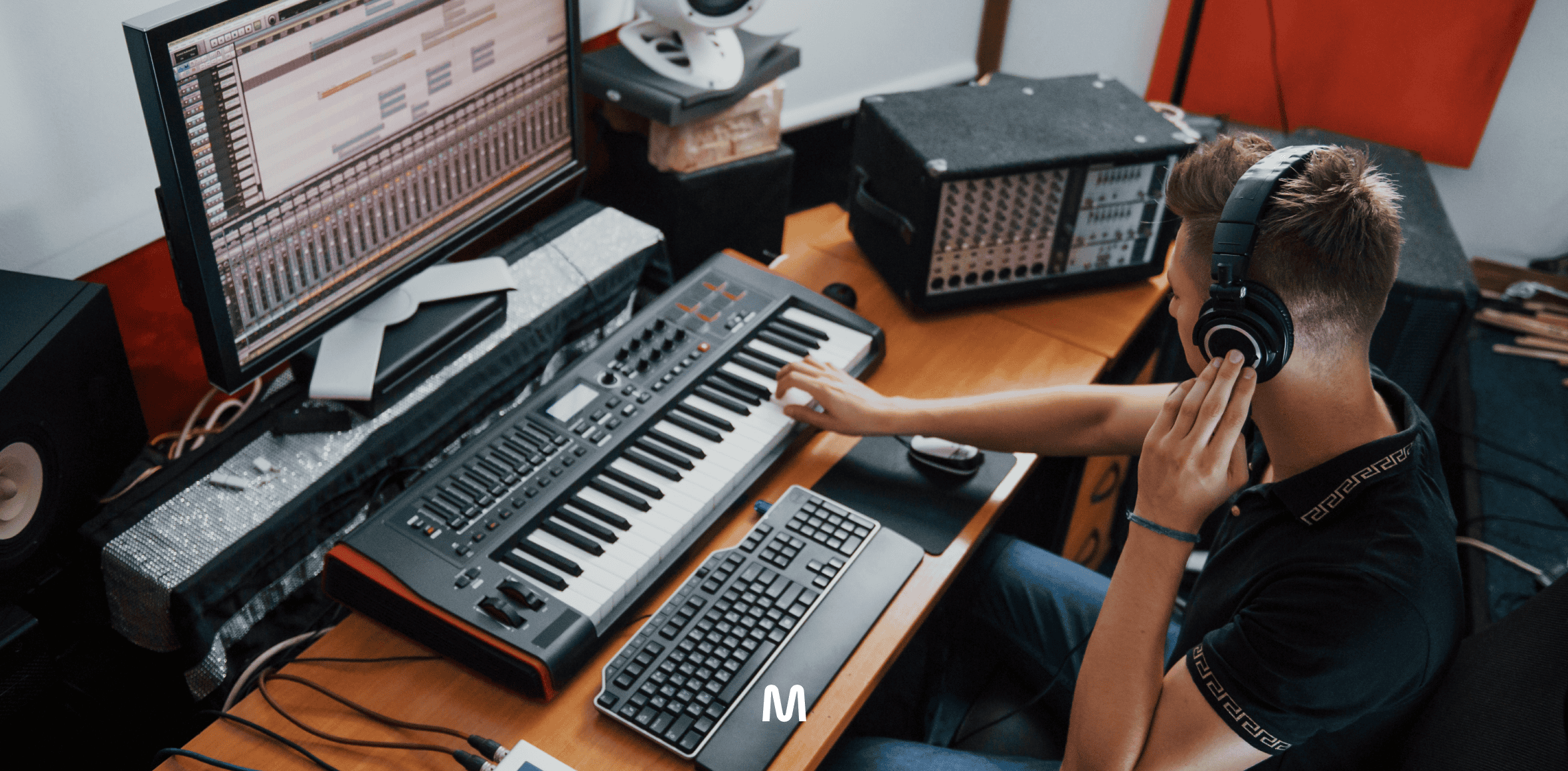
Schedule Your Studio Time
To maximize your studio sessions, approach them with a clear goal in mind. By being intentional with your time, you can accomplish more in a shorter period than aimlessly tinkering with your DAW. Setting a specific timeframe can boost your productivity.
It might seem counterintuitive to “schedule your creativity”, but being able to work on command is an important skill for working musicians. With deadlines, there’s no time to wait for inspiration to hit.

Prioritize Tasks with Allocated Time Blocking
During your studio session, allocate your time for specific purposes based on where you are in the production process. If you’re starting from a blank canvas, focus on sketching the song in the way you like to do it. Get your ideas out instead of worrying about finding the right guitar or synth sound, or worrying about which instrument should play the melody if you're an orchestral composer.
Getting stuck on details too soon in the process can prevent us from moving forward. Spending needless hours hashing out details instead of actually writing music can lead to burnout and losing interest in what you’re working on.
Allocate time to first create a rough draft of the entire song (or the main parts of the song at least) without worrying about the details. When you’re happy with it you can go back and revise everything.
It’s generally easier to refine an existing foundation and tweak it to your liking than starting from scratch.
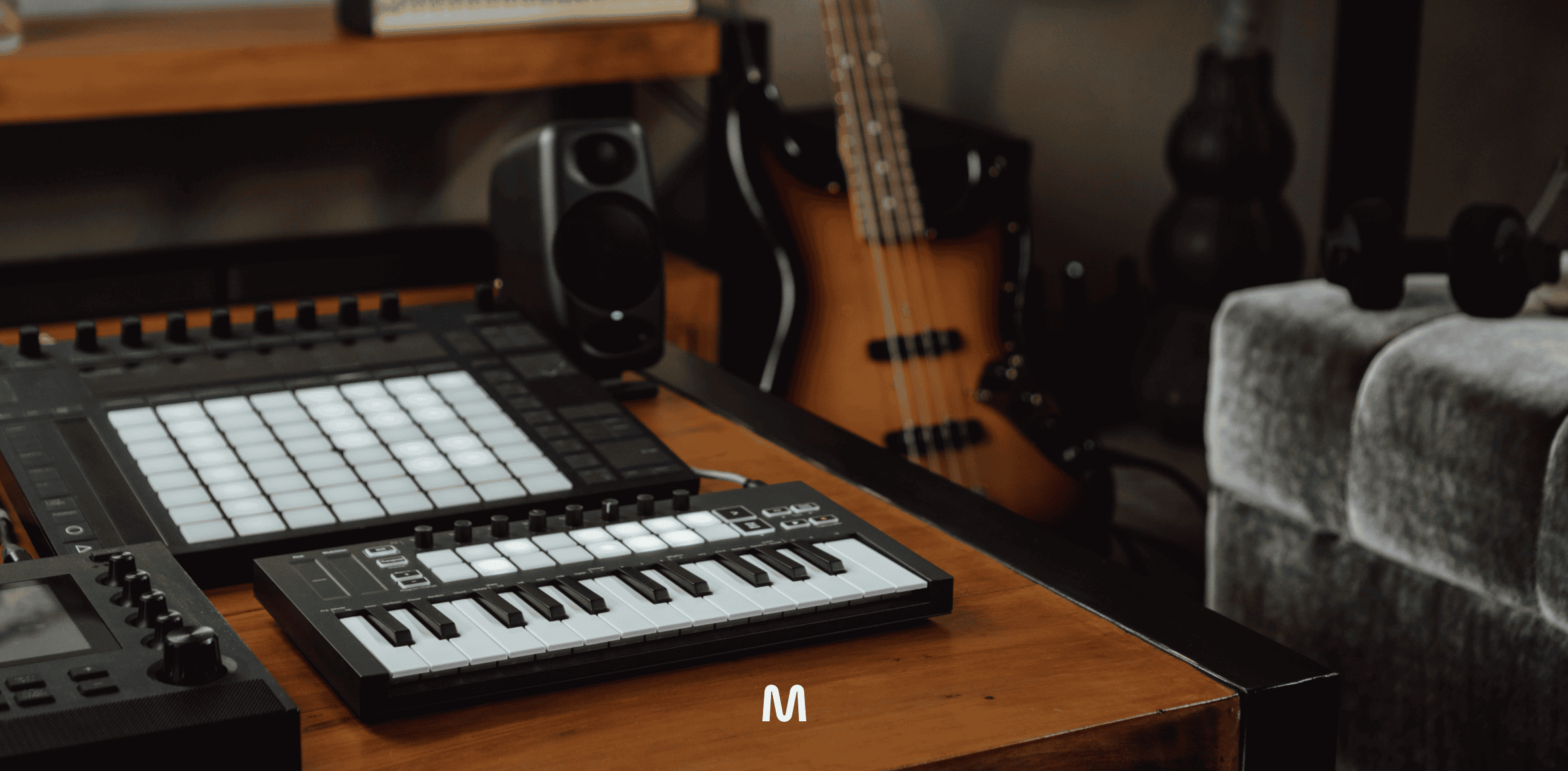
Eliminate Distractions For Optimal Focus
A distraction-free environment is essential to achieve peak performance and productivity. Subtle interruptions can take us out of the flow state where creativity comes without (too much) effort.
A phone vibration, notification, an email, or a phone call can be very distracting. During your studio time, make sure you’re able to focus on your work and keep a consistent focus on the task at hand.
Productivity also benefits from structure, which you get from planning your studio time.
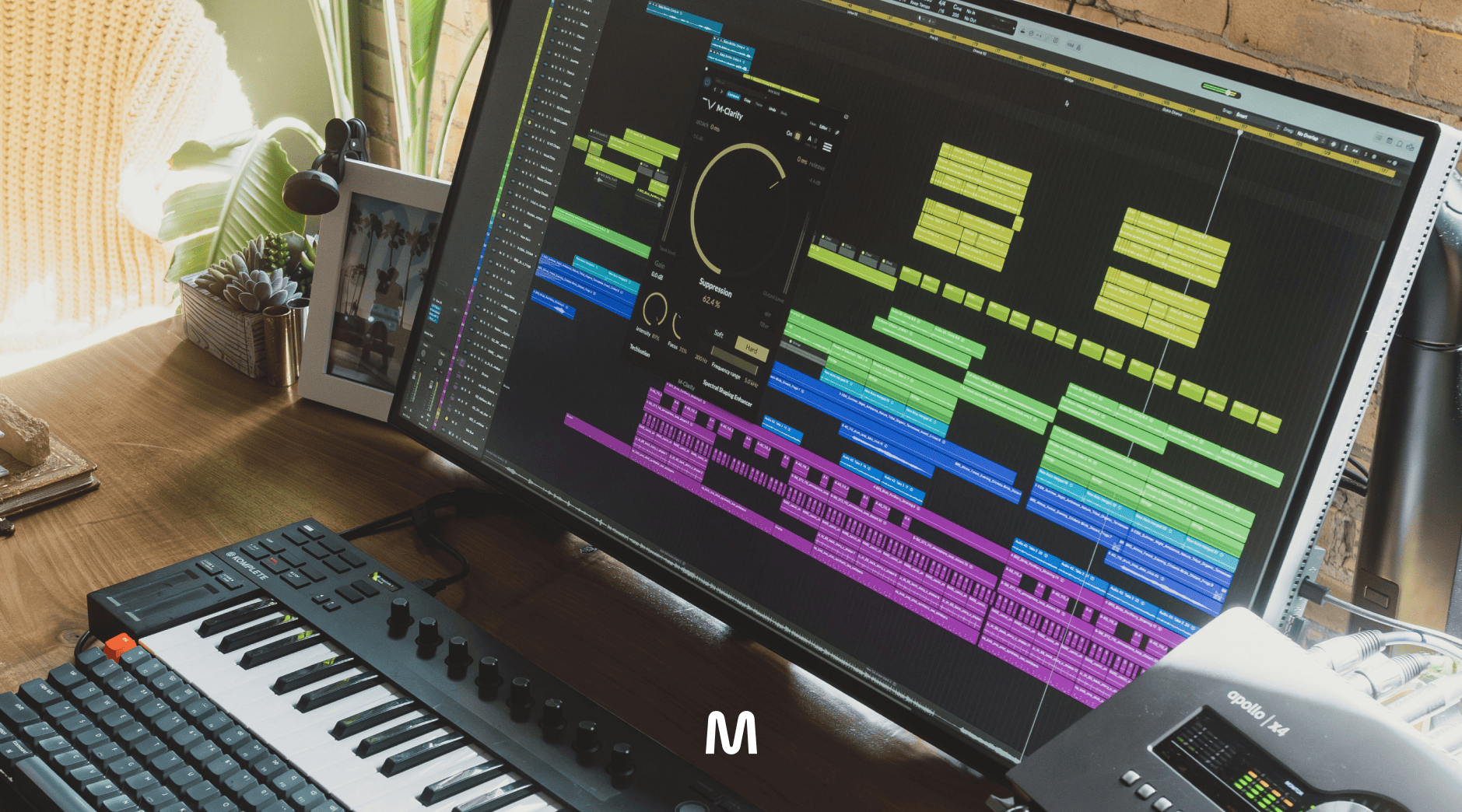
Use Templates for a Streamlined Workflow
As music producers, a template can increase productivity significantly. A good template has a pre-configured set up which can be a time saver. Creating a template takes hours, or days sometimes, but once it’s set up you don’t need to waste time on routine tasks such as routing tracks to reverb or finding specific instruments or sounds, etc.
In your template, you want to include certain elements that are essential to you, the music you make, or the specific project you’re currently working on. This includes the right instrument tracks, synths, effects, plugins, sketching tools, etc.
A big part of a template is also keeping it neatly organized so you don’t waste time looking for your tools in your DAW. When you make your template, name everything appropriately and use color coding for maximum efficiency.
Many working professionals have different templates for different styles of music and their different projects. The foundation may be similar between the different templates, but the exact tools can differ.
Another workflow-related action many professionals take is creating a new template at the onset of a new project. That way they’ll have instant access to everything they need and won’t be distracted by things they don’t.
For example, if you’re working on a project using orchestral instruments, you might not need all your EMD tools. They’ll just take up visual space and make it harder to find what you’re looking for.
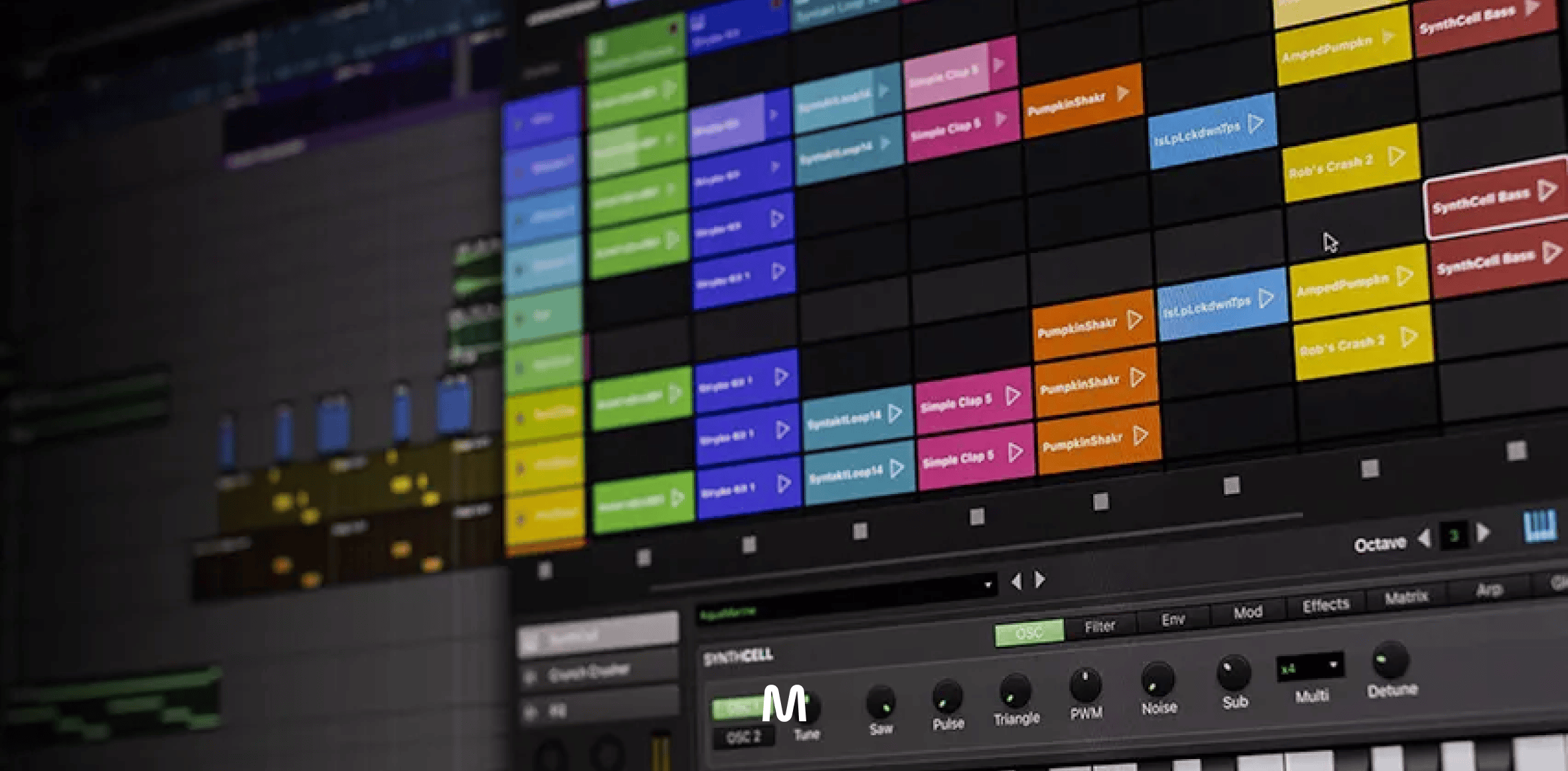
Know When to Stop Sketching Ideas
One trap we see producers fall into is overproducing the sketch instead of getting on with the actual writing sessions. A sketch is merely the building block for your music. They are inherently imperfect and designed to capture those initial ideas and explore different possibilities.
While it can be useful to get certain ideas right, such as harmonic structure and some smooth voice leading, it doesn’t have to be a fully fleshed-out piece of music. Actually starting to write music is often the best source of inspiration.
Treat a sketch as a jumping-off point, not something that needs to be “completed” before you move to the next stage of the creative process. You’ll likely stray away from the initial sketch pretty quickly anyway as the music starts to develop and come together.
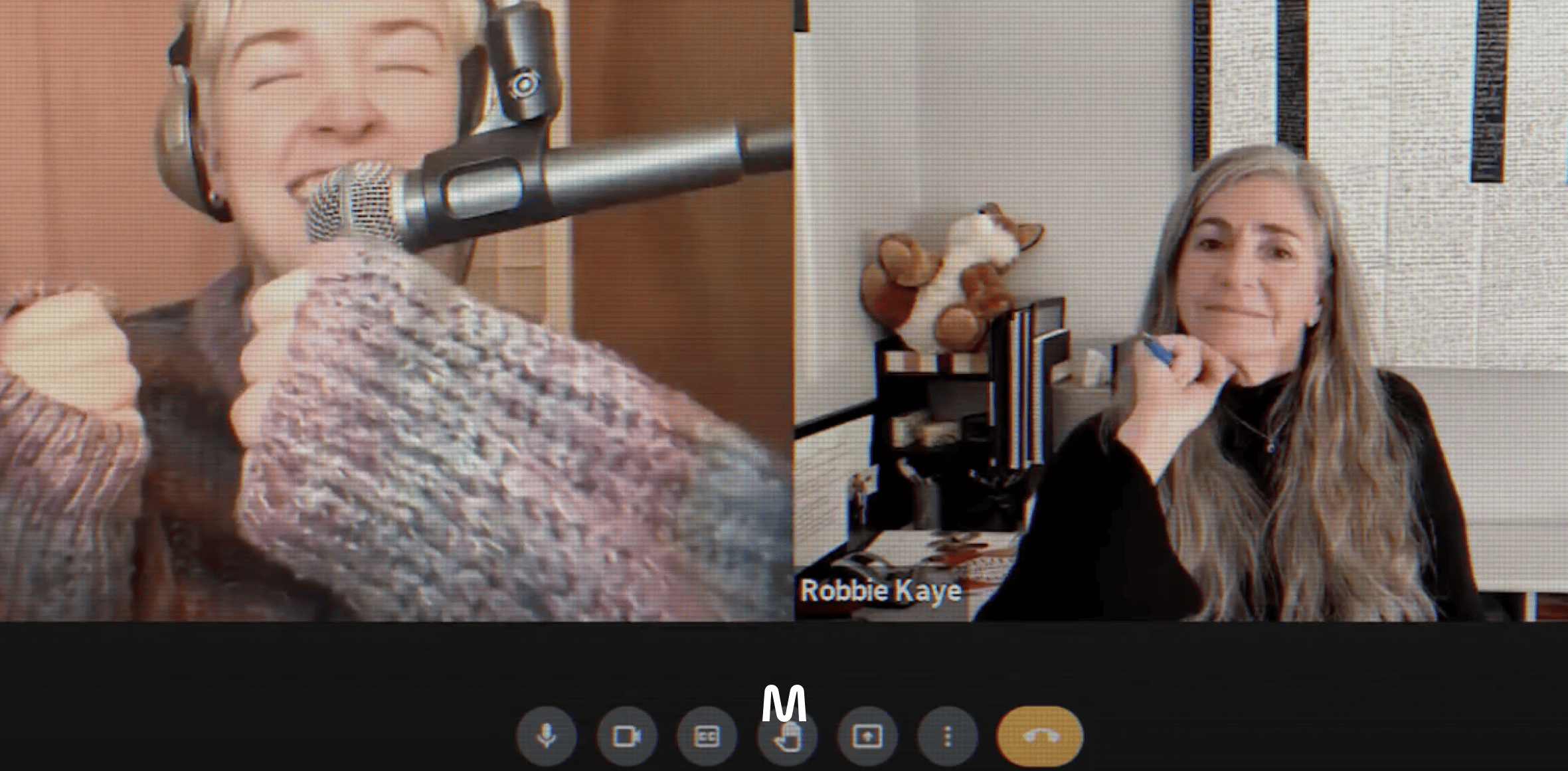
Bonus: Develop Your Ideas with Musiversal
At Musiversal, we have a pre production team that can help you take your ideas to a next level, regardless of where you are in the process. You might only have a chord progression or a single melodic line that you don’t know what to do with that you’ve spent hours or days trying to figure out.
In these cases, it can be useful to bounce ideas off a fellow musician to see where you can take it. A lot of the music we hear on the radio or in movies is the result of collaboration.
Queen is an entire band where everyone contributed to the songwriting; John Williams has orchestrators, and Eminem has beat makers and producers. Music is about collaboration. So if you get stuck, or just want to bounce an idea back and forth, reach out and we’ll work on it together.
When you have a song you can hire session musicians to record the music for you, and use our mastering services to polish the song.
We also offer marketing advice and give you ideas on how you can create a promotion plan when you’re ready to release the song into the world. With the Unlimited membership, you have access to all of this and more!
Join the Musiverse and subscribe to our newsletter. Receive exclusive session highlights, behind-the-scenes studio looks, and in-depth content. Get the most out of your Musiversal experience.
Don’t miss out and join today!
Join The Musiverse: Your free space to connect, create, and compete.
Collaborate with global creators, level up in live workshops, and win exclusive prizes. Join the community today!
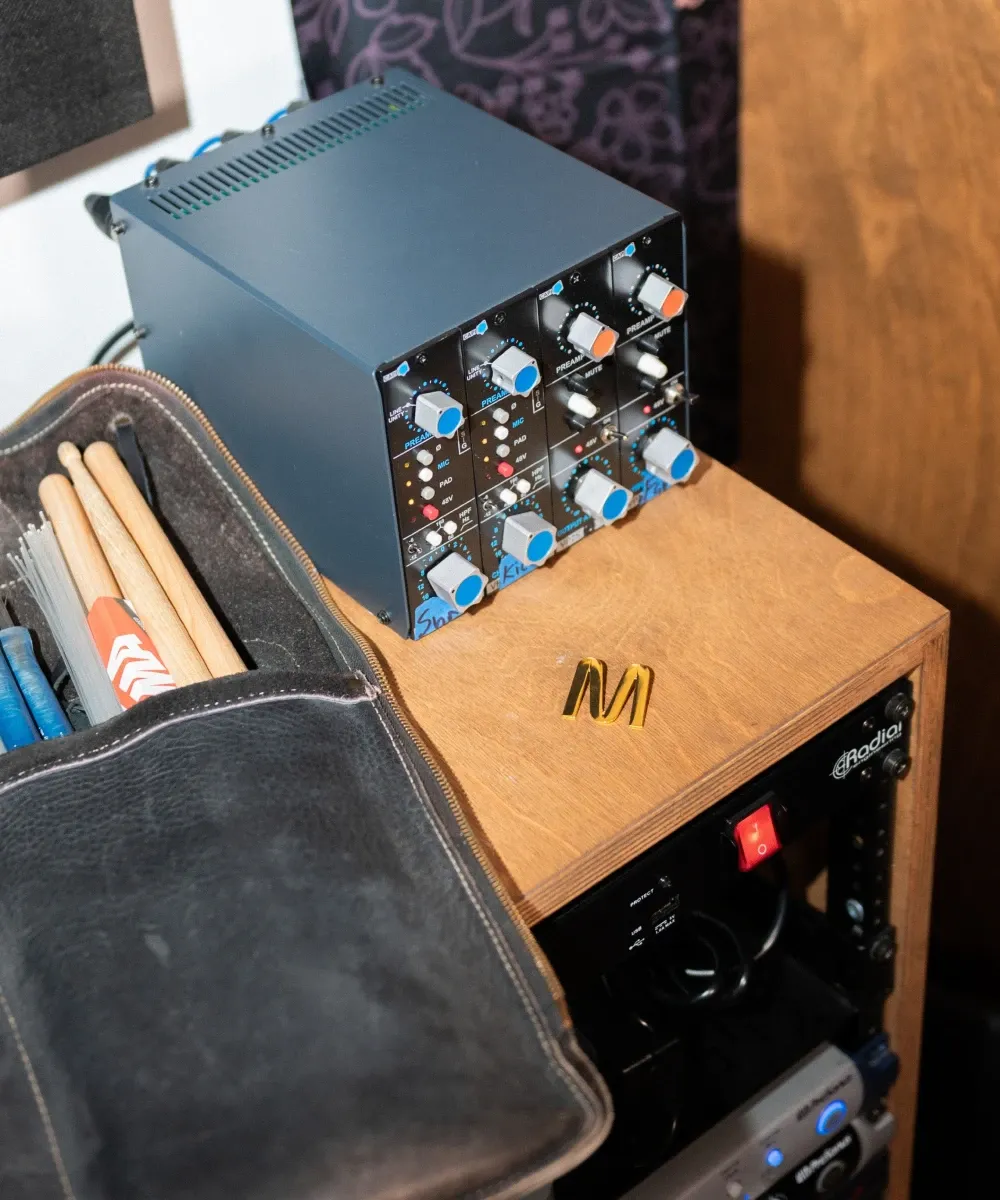
Your Music, No Limits.
Join the Waitlist